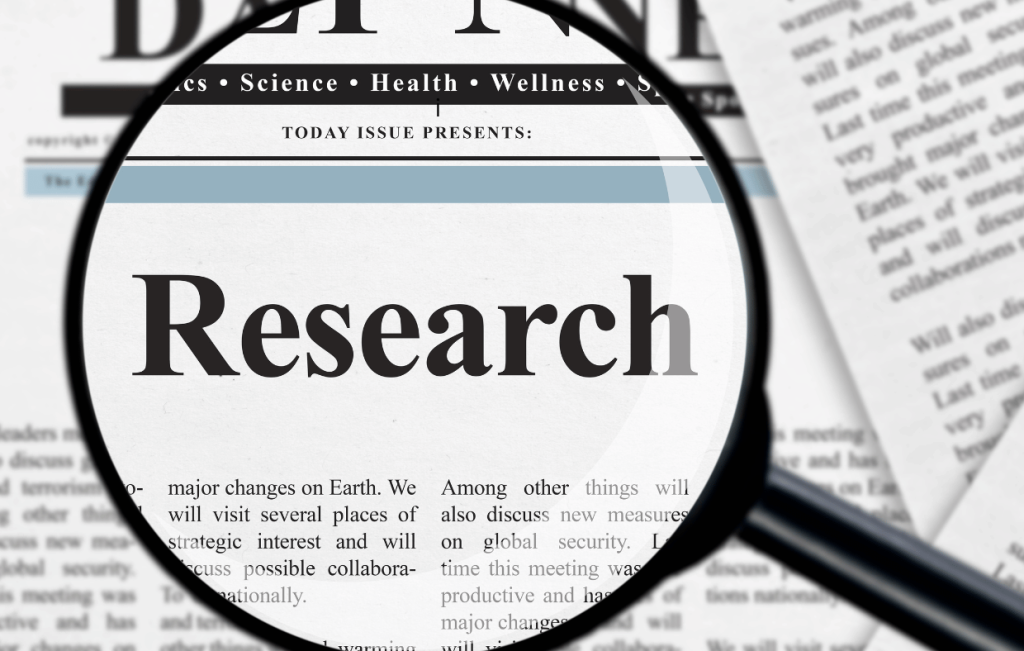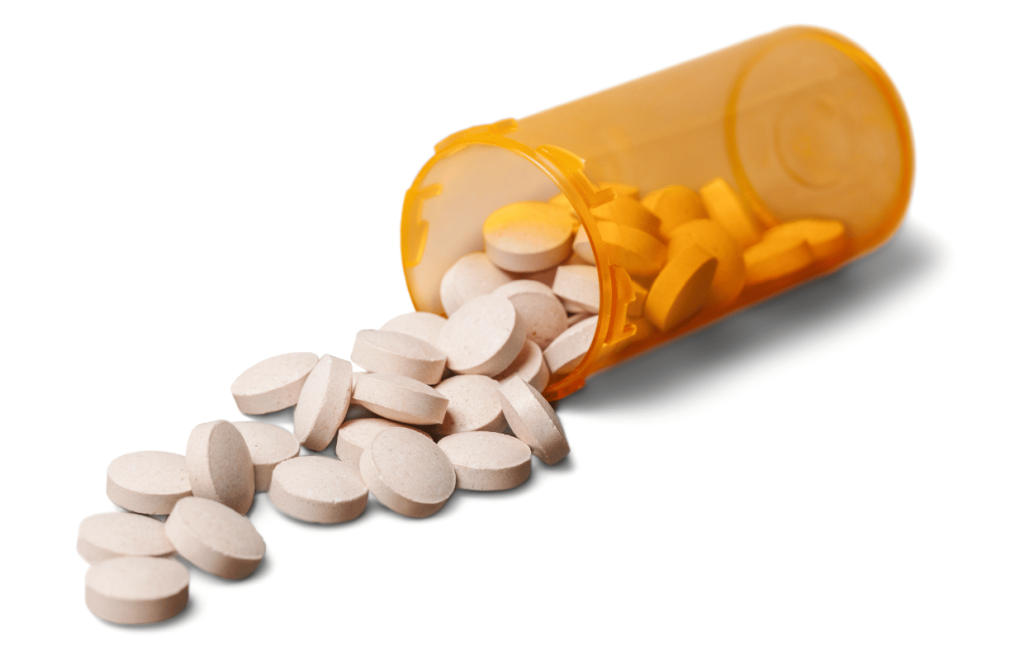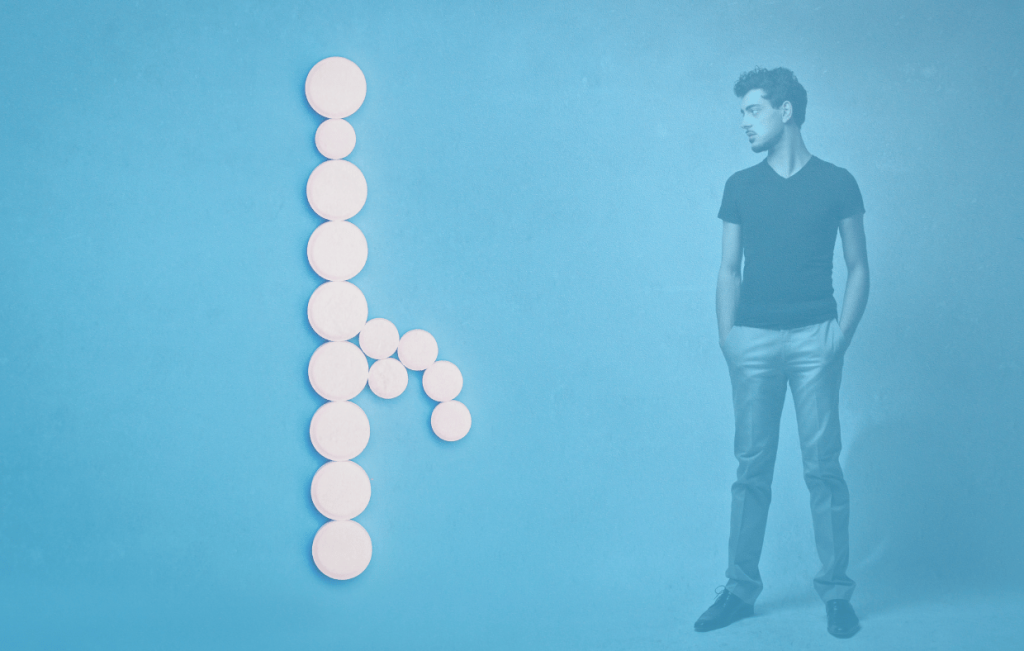Can rapid weight loss cause erectile dysfunction? ED is a common condition that affects millions of men worldwide. It can be influenced by various physical, emotional, and lifestyle factors, including weight fluctuations.
Rapid weight loss is often seen as a quick fix for health issues like obesity, but could it have unintended consequences on sexual health? The answer is more complex than a simple yes or no. Let’s explore how blood flow, cardiovascular health, and other factors connect rapid weight loss to erectile dysfunction.
Suppose you’re looking to improve your health and understand the impact of weight loss on sexual performance. This comprehensive guide delves into the interplay between body weight, sexual function, and overall well-being. Discover more about the relationship between weight loss and health here.

Understanding Erectile Dysfunction and Its Causes
Erectile dysfunction is defined as the consistent inability to achieve or maintain an erection sufficient for satisfactory sexual intercourse. It affects approximately 30 million men in North America alone and becomes increasingly common with age.
However, ED is not solely an issue of aging. It is often a symptom of underlying medical conditions such as cardiovascular disease, diabetes, high blood pressure, and metabolic syndrome.
Key contributing factors include:
- Blood flow and endothelial function: The proper flow of blood through the small blood vessels is essential for erections. Conditions like hardening of arteries or high cholesterol can restrict this flow.
- Testosterone levels: Low testosterone production, often linked to excess weight and hormonal imbalances, can negatively impact sex drive and erectile function.
- Psychological factors: Performance anxiety, mental health issues, and negative body image are major contributors to ED.
- Cardiovascular health: Poor heart health, characterized by high blood pressure, high cholesterol, and heart problems, is a major risk factor for ED.
The Role of Body Weight in Sexual Health

Obesity is one of the leading risk factors for erectile dysfunction. Studies show that obese men are more likely to experience ED than those at a healthy weight. Excess belly fat contributes to:
- Hormonal Imbalances: Fat cells can disrupt testosterone production, reducing sex drive and erectile performance.
- Insulin Resistance: This can lead to type 2 diabetes, a condition closely associated with ED.
- Endothelial Dysfunction: Excess weight damages the inner lining of blood vessels, impairing the amount of nitric oxide needed for blood flow and erections.
Rapid Weight Loss: A Double-Edged Sword?
Rapid weight loss often involves drastic calorie restrictions or extreme lifestyle changes, which can cause a range of health effects, both positive and negative. While significant weight loss can lead to improvements in overall health and erectile function, losing weight too quickly can have unintended consequences.
Positive Impacts of Weight Loss
- Improved Cardiovascular Health: Weight reduction can lower cholesterol levels, high blood pressure, and the risk of cardiovascular disease.
- Enhanced Blood Flow: Weight loss can reverse endothelial dysfunction, improving the proper flow of blood to the penis.
- Boosted Confidence: A healthier body image and mental health improvements can positively impact sexual performance.
- Increased Testosterone Levels: Losing excess fat can restore hormonal balance, enhancing sex drive and sexual function.
Negative Impacts of Rapid Weight Loss
- Nutritional Deficiencies: Drastically reducing food intake can deprive the body of essential nutrients, affecting testosterone production and overall health.
- Stress and Anxiety: Rapid changes in the body can lead to performance anxiety, impacting sexual health.
- Temporary Hormonal Imbalances: Sudden weight loss can sometimes lower testosterone levels before they stabilize.
- Impact on the Heart: Rapid weight loss, particularly through extreme methods, can strain the cardiovascular system, increasing the risk of a cardiovascular event.
What Research Says About Weight Loss and Erectile Dysfunction

A new Australian study published in the Journal of Sexual Medicine investigated the effect of weight loss on sexual performance. The study found significant improvements in IIEF scores (a measure of erectile function) among obese men who lost weight through a combination of regular exercise and dietary changes.
Another systematic review highlighted that bariatric surgery, a common intervention for severe obesity, often leads to better sexual function. However, it also emphasized the importance of gradual, sustainable weight loss over quick fixes to avoid negative health impacts.
The Importance of Lifestyle Changes for Sexual Health
Long-term lifestyle changes are key to addressing both ED and weight-related health issues. Here’s how to make meaningful improvements:
- Adopt a Balanced Diet:
- Focus on reducing excess belly fat by cutting back on high-calorie foods and unhealthy fats.
- Incorporate nutrient-rich foods to support testosterone production and cardiovascular health.
- Engage in Regular Exercise:
- Physical activity improves blood flow, reduces stress, and aids in weight loss efforts.
- Activities like brisk walking, strength training, and yoga can have a positive impact on sexual health.
- Prioritize Mental Health:
- Address performance anxiety and body image concerns with sex therapy or counseling.
- A healthcare provider can help identify and manage mental health issues affecting your sex life.
- Monitor Cardiovascular Health:
- Keep cholesterol levels, blood sugar, and blood pressure in check.
- Regular check-ups with a healthcare provider can help prevent cardiovascular disease.
The Role of Prescription Medications and Professional Support

For men struggling with ED despite weight loss efforts, prescription medications like the “little blue pill” may provide temporary relief.
However, these treatments do not address the underlying causes of ED. Consulting with a professor of medicine or a specialist in sexual health can help identify the best ways to improve both sexual and physical health.
Why Sustainable Weight Loss Matters
Unlike rapid weight loss, gradual weight loss is more likely to lead to lasting improvements in both physical and sexual health. Sustainable approaches emphasize:
- Healthier Eating Habits: Focus on fewer calories without compromising nutrient intake.
- Long-Term Commitment: Avoid quick fixes in favor of realistic weight loss journeys.
- Integrated Care: Combine dietary changes with physical activity and mental health support.
A Word on Metabolic Syndrome and Erectile Dysfunction
Men with metabolic syndrome—a cluster of conditions including high blood pressure, insulin resistance, and excess weight—are at an increased risk of ED. Weight loss and lifestyle changes can significantly improve these risk factors, reducing the likelihood of developing sexual dysfunction.
Conclusion: The Path to Better Health and Sexual Performance
Rapid weight loss can have both positive and negative effects on erectile function. While shedding extra weight often improves overall health, excessive or sudden weight loss can lead to hormonal imbalances, poor heart health, and increased stress—factors that may worsen ED.
The best approach is a balanced, sustainable weight loss journey that prioritizes physical health, mental well-being, and cardiovascular health.
Whether you’re looking to improve your sex life, enhance your confidence, or reduce health risks, taking a gradual and informed approach to weight loss is essential. For more resources and guidance, visit this link to learn about managing weight and sexual health effectively.
By making positive lifestyle changes and seeking professional support, you can achieve a healthier weight, better sexual function, and improved quality of life.
PEOPLE ALSO ASK
Q: Does losing weight cause erectile dysfunction?
A: Losing weight typically improves overall health and can enhance erectile function, especially in men with excess weight or obesity. Weight loss improves blood flow, reduces risk factors like high blood pressure and cholesterol, and restores hormonal balance, all of which are crucial for sexual health.
However, rapid weight loss through extreme calorie restrictions or unhealthy methods may temporarily disrupt hormone levels or increase stress, potentially affecting erectile function. Sustainable, gradual weight loss is the healthiest approach to avoid negative impacts.
Q: What is the best exercise for erectile dysfunction?
A: Regular physical activity is key to improving blood flow and reducing the risk of ED. The best exercises for erectile dysfunction include:
- Aerobic exercises like brisk walking, jogging, cycling, or swimming, which improve cardiovascular health and circulation.
- Pelvic floor exercises (e.g., Kegels), which strengthen the muscles involved in erections.
- Strength training, which boosts testosterone levels and overall fitness. Aim for at least 30 minutes of moderate exercise most days of the week to see significant improvements in sexual health.
Q: How can you tell if a man has erectile dysfunction?
A: A man may have erectile dysfunction if he consistently experiences:
- Difficulty achieving or maintaining an erection during sexual activity.
- Reduced sexual desire or interest in intimacy.
- Stress, frustration, or anxiety related to sexual performance. To confirm ED and its underlying causes, consult a healthcare provider who may recommend medical evaluations or discuss contributing factors like blood flow, hormones, and psychological health.
Q: How to fix ED fast?
A: While long-term solutions involve addressing underlying health issues, there are several options for quickly managing ED:
- Medications like PDE5 inhibitors (e.g., sildenafil/“little blue pill”) can provide temporary relief.
- Stress management techniques such as mindfulness or relaxation exercises can reduce performance anxiety.
- Healthy lifestyle changes, including moderate exercise and a balanced diet, can enhance blood flow and boost confidence.
- Consult a healthcare provider for personalized advice and possible treatments, such as prescription medications or counseling.
Keep in mind that addressing the root causes of ED—whether physical, psychological, or lifestyle-related—offers the best chance for lasting improvement.


